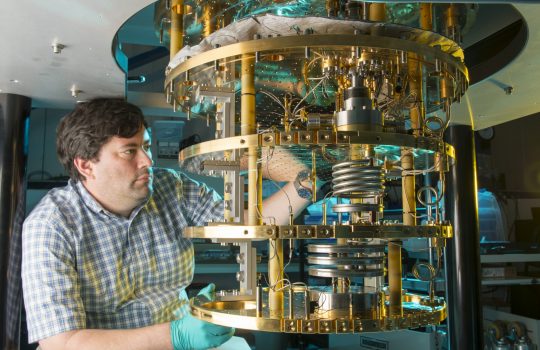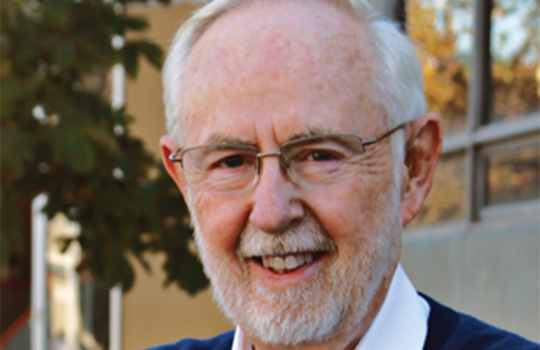The other dark matter candidate
As technology improves, scientists discover new ways to search for theorized dark matter particles called axions. Four decades after they were first theorized, axions are enjoying a moment in the sun, and may even be on the verge of detection, poised to solve two major problems in physics at once.





